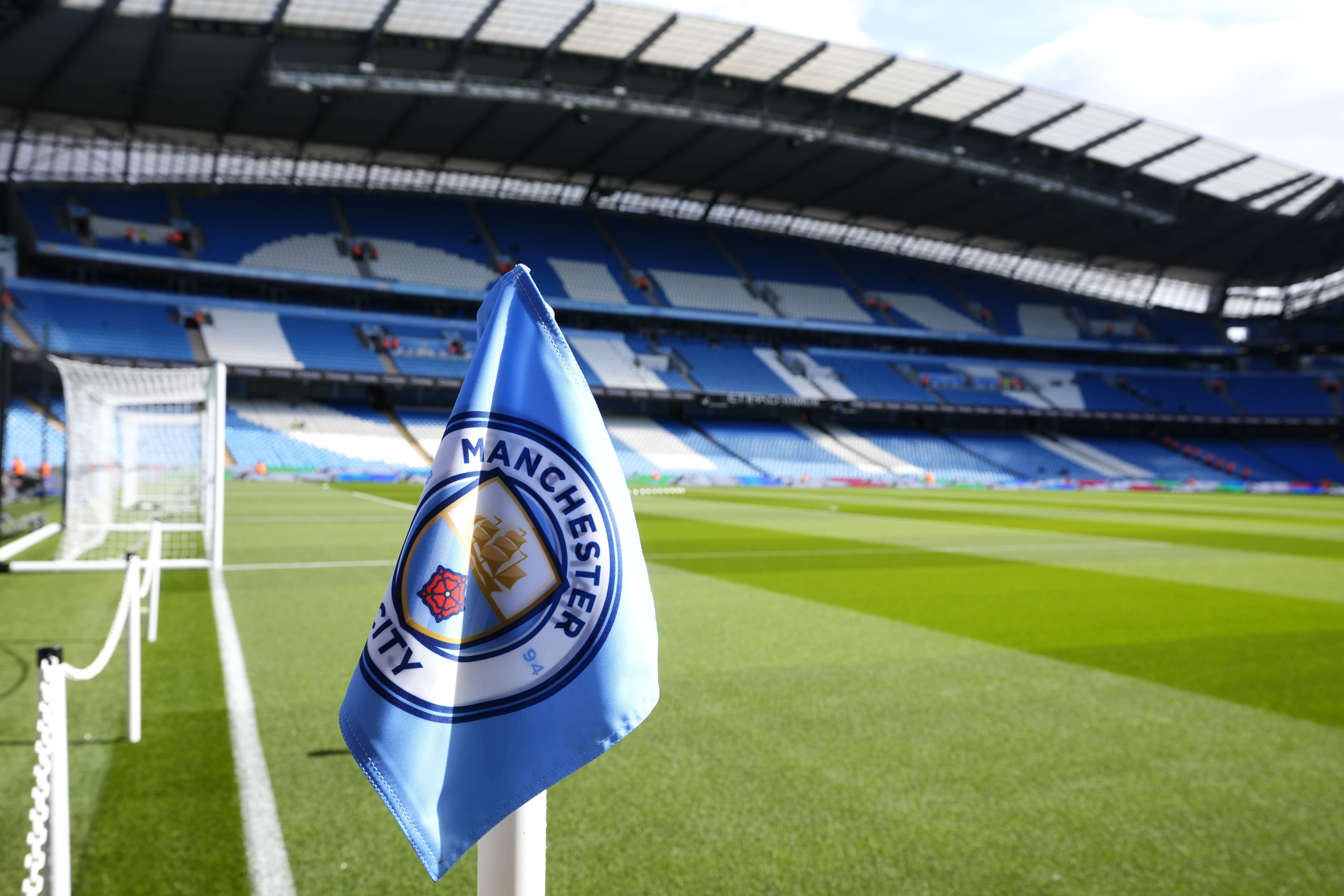
The Premier League is hoping to avoid a governance crisis today, as the clubs stage a first meeting on how to solve the Associated Party Transactions (APT) controversy created by Manchester City’s legal case. A number of clubs are understood to be unsure of their stance, due to how the demanded amendments on shareholder loan regulations will affect them in different ways.
The meeting is online which, combined with the fact there has been a full weekend of games, may help quell tensions. There had been fury on many sides after City’s general counsel Simon Cliff wrote an email urging against a “knee-jerk reaction” in the wake of the judgment, and threatening further legal action. No vote will be taken on Tuesday, as the clubs are only seeking to create the context for clear proposals in the future.
That is why last Thursday’s initial meeting was delayed, as the Premier League sought to gather all necessary details about a series of very different shareholder loan agreements. The competition hierarchy feel that process has been “constructive”, alongside discussion with the financial control group and its legal advisory group.
There are nevertheless concerns that the entire issue could expose flaws in the Premier League’s classic 14-6 voting formula, as these are regulatory decisions that require much more than mere club members deciding based on self-interest. It all comes as the Labour Party are scrutinising the situation, from the perspective of forming the forthcoming football bill to introduce the independent regulator.
The Premier League has essentially faced this crisis at the worst possible time, given that it appears to be a clear case of the competition struggling to handle the more complicated world it has been engulfed by. While the independent regulator had initially been intended to look at financial issues, there remains the possibility it could be given “extra powers”.
Even some executives critical of City feel that the legal case has illustrated significant problems that had been a long time coming. Actively deciding to exclude loans from the October 2021 rules in such a way is now seen as “ridiculous”, creating a situation that was open to being challenged.

The irony is of course that City had no objection at the time. As one official nevertheless put it, would clubs have really voted to strengthen APT rules if it simultaneously meant bringing in interest-free loans? That would have essentially meant a number opting to cost themselves money.
Clause 250 of the judgment did criticise the Premier League on this, even as it recognised the importance of such rules for the purpose of fair competition.
Clause 250 read: “Those observations make it clear that encouraging investment by a club owner, the justification advanced by Mr [Jamie] Herbert [Premier League Director of Governance] for the exclusion of shareholder loans from the APT Rules, is a justification that is at odds with the whole rationale of PSR, namely to ensure that a club operates in a sustainable way and does not rely on shareholder support.
“It is also at odds with the proposal to tighten up the PSR to prevent avoidance of those rules. Nor, in our view, is it legitimate to draw a distinction between investment made by an owner (namely someone with a shareholding of more than 5 per cent) which is transparent and the artificial inflation of commercial revenues.
“The effect on competition between clubs and the sustainability of a particular club is the same whether the money is received in a transparent manner from the owner or in a non-transparent way from a third party. There does not appear to have been any discussion or analysis as to how such an exclusion would affect the effectiveness of the PSR, and the principle of sustainability of club finance which underlies the PSR or the competitive balance between the clubs.”

Clubs will on Tuesday attempt to navigate their way through this legal mire, although some will be much more affected than others.
While those in European competition have already had to work under Uefa’s more stringent rules, that hasn’t been the case for clubs like Everton, who may have to face PSR adjustments up to £100m. This could bring further chaos if the rules are backdated to October 2021, as City are arguing. Part of the discussions will involve trying to determine the timescale.
Miguel Delaney’s new book ‘States of Play: How Sportswashing Took Over Football’ about how modern football has been transformed by geopolitics, capitalism and its own failures is out on 7 November. Pre-order your copy HERE today.







